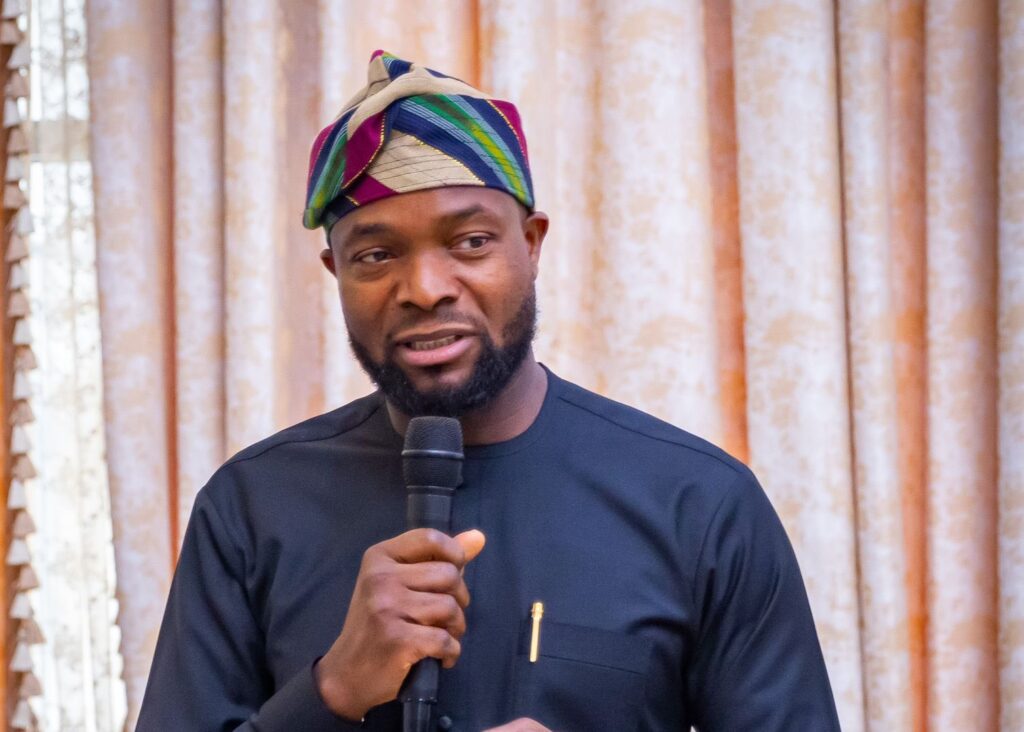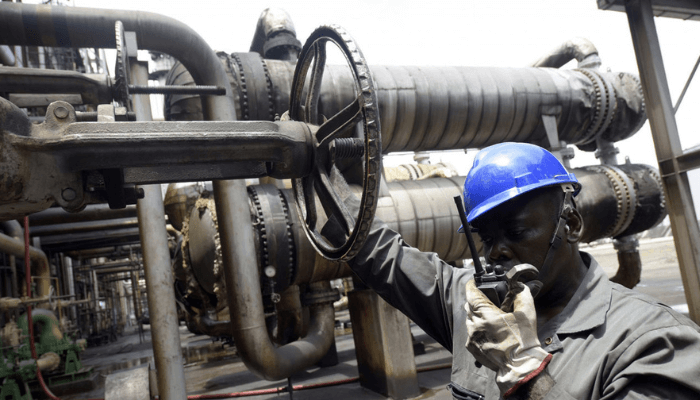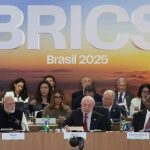The Federal Government has commissioned a $150,000 Mini-grid Simulation and Standardisation Centre to combat the spread of substandard solar products and stimulate local manufacturing in Nigeria’s renewable energy sector.
The high-tech facility, situated at the Rural Electrification Agency’s headquarters in Abuja, was donated by Chinese tech company Huawei under a bilateral partnership formed during President Bola Tinubu’s visit to China in September 2024.
In a statement issued on Sunday, the Rural Electrification Agency quoted its Managing Director, Abba Aliyu, as saying the new centre will function as a national certification hub for solar components, ensuring that only high-quality equipment is used in off-grid power projects across the country.
“Sometime in September 2024, President Bola Tinubu visited China, part of the China-Nigeria and China-Africa initiative. Key highlight of that visit is a memorandum of understanding that was signed under the leadership of Minister of Power between the Rural Electrification Agency and Huawei. The importance of this Mini-grid standardisation and simulation center cannot be over-emphasised.
“Nigeria is working towards positioning itself as the renewable hub of Africa. To achieve that, Nigeria would need to catalyse private sector investment in the manufacturing assembly of all the renewable equipment in the country.
“This simulation and testing centre is the first of its kind in Nigeria. It is a direct result of the memorandum of understanding signed between REA and Huawei during the President’s diplomatic engagement with China,” Aliyu said.
“With this facility, we can now test photovoltaic panels, batteries, and other solar components under simulated environmental conditions such as extreme temperatures and humidity. This will help us filter out substandard or second-hand equipment that has been flooding the Nigerian market,” he added.
The facility is equipped with 18 advanced machines, including power analysers, pyranometers, battery analysers, and smart simulation devices—some of which are the first of their kind in Nigeria.
Huawei revealed that the equipment, valued at approximately $150,000, was fully funded by the company.
Aliyu emphasized that the centre will be instrumental in boosting investor confidence in Nigeria’s renewable energy sector, especially in the manufacturing of solar panels and batteries.
“A private investor cannot survive if they are producing quality equipment locally and are forced to compete with cheaper, substandard imports. This centre will ensure only certified products are used in Nigeria, encouraging local production and industrialisation,” he said.
He also disclosed that while the initial centre is located in Abuja, there are plans to replicate it across all REA zonal offices nationwide.
REA’s Executive Director of Technical Services, Umar Umar, described the launch as a “dream fulfilled” and a game-changer for solar energy deployment in Nigeria.
“Before now, our engineers tested panels manually or moved solar boxes across different sites. Today, we can simulate the climate conditions of Sokoto, Delta, or even outside Nigeria, all from one lab.
“We can now set minimum technical standards, train developers and improve overall quality assurance in the sector. This is a major leap forward,” he said.
Also speaking at the event, Huawei Nigeria Board Director, Zhang Jing, said the project underscores the company’s commitment to President Tinubu’s agenda to bridge Nigeria’s electricity gap through renewable energy solutions.
“These systems have been designed to withstand Nigeria’s diverse weather conditions and improve the reliability of mini-grids in rural communities. Huawei is honoured to be part of Nigeria’s journey to energy security,” Zhang said.
He noted that the lab is not only a demonstration of international partnership but also a platform for long-term capacity building.
As Nigeria aims to become Africa’s renewable energy hub, industry experts view this initiative as a vital step toward enhancing local content and strengthening quality regulation in the clean energy sector.











